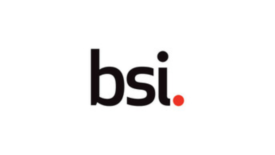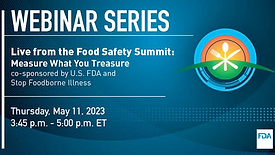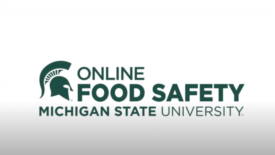Home » food safety culture
Articles Tagged with ''food safety culture''
Current States of Food Safety Culture and FSMSs in Food Establishments
In what ways is your brand either superior to or deficient from the behaviors revealed by your colleagues?

April 5, 2023
BIZTRACKS
MSU Food Safety Culture Workshop Featuring Frank Yiannas, Bill Marler
March 24, 2023
Never miss the latest news and trends driving the food safety industry
eNewsletter | Website | eMagazine
JOIN TODAY!Copyright ©2025. All Rights Reserved BNP Media.
Design, CMS, Hosting & Web Development :: ePublishing








